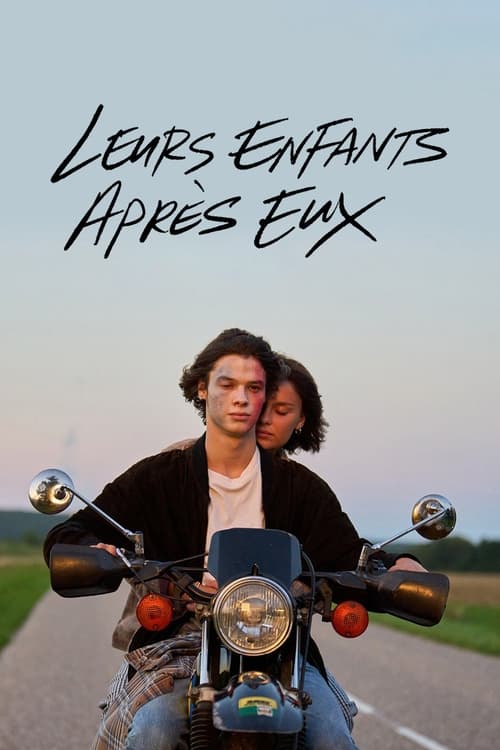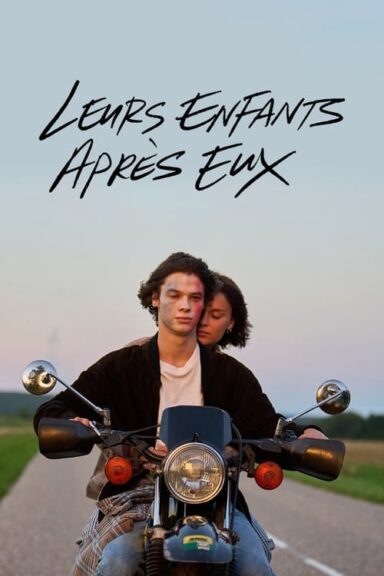
A film by Ludovic Boukherma , Zoran Boukherma
With: Paul Kircher, Angelina Woreth, Sayyid El Alami, Gilles Lellouche, Ludivine Sagnier, Anouk Villemin, Louis Memmi, Anaïs Demoustier, Louise Lehry, Christine Gautier
In eastern France, two teenage cousins have the summer of their lives when they paddle a purloined canoe to the far shore of a lake.
Our rate1: ***
The Boukherma brothers (Ludovic and Zoran) have produced an unexpectedly powerful work. It’s an ambitious film that exudes cinema, with an excellent sense of rhythm, dramatization and framing, and a good use of music (a rich and enjoyable soundtrack composed of key tracks from the 1990s). Above all, they know from which angle to look at each character, which details to emphasize, how to bring out the dream and the bitterness, how to create an “unforgettable moment” from a simple gesture, how to tell a story over a long period of time, how to fill each scene with maximum strength, cruelty and beauty. Based on the novel by Nicolas Mathieu, the film portrays a milieu, a society, and deals with an important social issue (even more important today, politically speaking) in a serious, epic, sublime tone.
Our rate2: ***
This fairly big-budget French production has many of the shortcomings that usually put us off and outweigh all other judgments. A mass-market style, a lead actor (Paul Kircher) without charisma, even unpleasant, who totally deserts the character, popular, sometimes even franchouillard musical choices that remind us of the opening ceremony of the Olympic Games, a painful final scene, that seems to come out of nowhere – and at odds with the main thrust of the film, a sudden acceleration of the drama in the second third that just doesn’t take, anachronisms in the reconstruction of the period (an 8 6 beer, for example, lying around here and there, expressions that didn’t yet exist at the time, etc.). ..). Yes, but there you have it, in contrast to Gilles Lellouche‘s Beating Hearts, for example, which we’re happy to place in the same category (and which has some good, slightly less mainstream musical choices). The softness of the image, the melancholy of all the shots, the colorimetric quality and elegance of the camera movements and transitions, the perfect use of music to give rhythm to the story, and even to nourish it with a hidden meaning (we even find ourselves finding meaning in a Cabrel song! ), the excellent casting, apart from Kircher (Gilles Lellouche, again, very good in his role as the violent stepchild, Ludivine Sagnier also very interesting as the slightly outdated protective mother, but also the entire teenage cast), and last but not least, the film’s place in a territory, be it geographical (Epinal, the Vosges lakes), social (the suburbs, the working-class fringe but also the local bourgeoisie in contrast, the relationship to employment, the first waves of immigration and cohabitation), but also cinematographic (the apprenticeship story, the bittersweet teen movie, the romantic fresco and the western! ). An astonishing success, all the more so as the Zoukherma brothers had seduced a few of us (we were divided) in a very different style, with Teddy.

